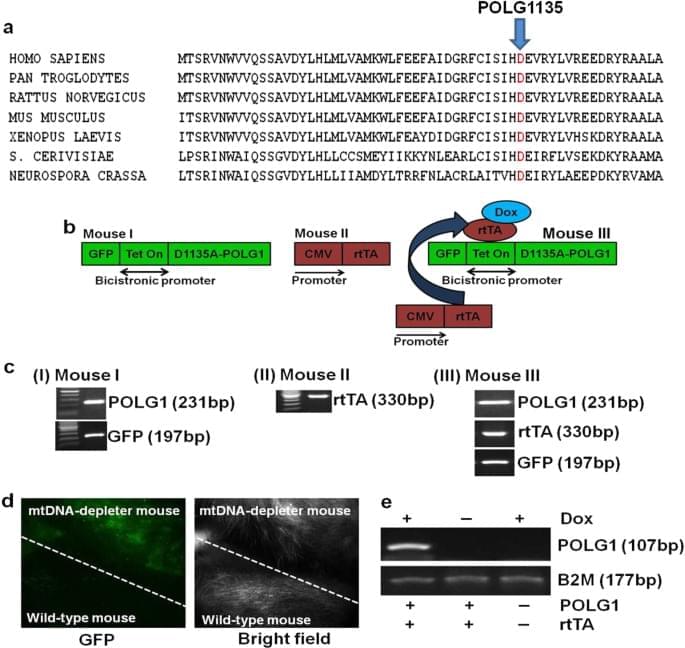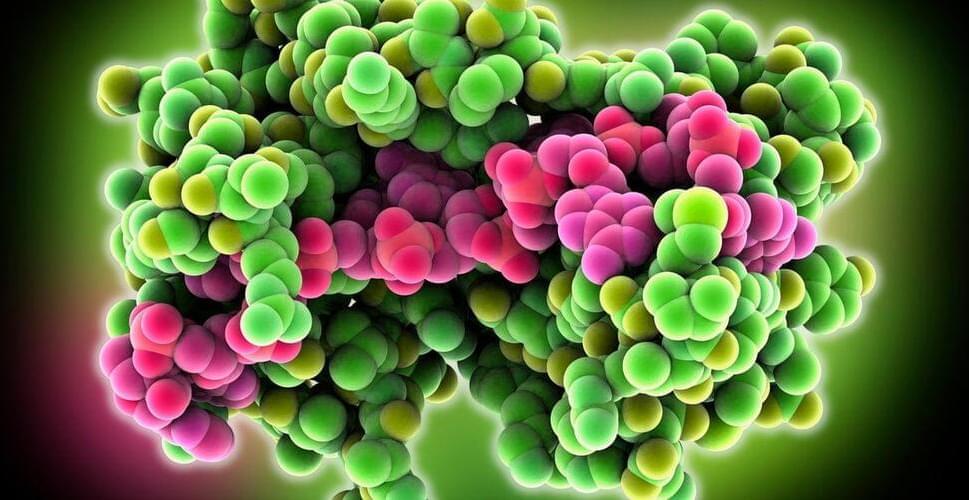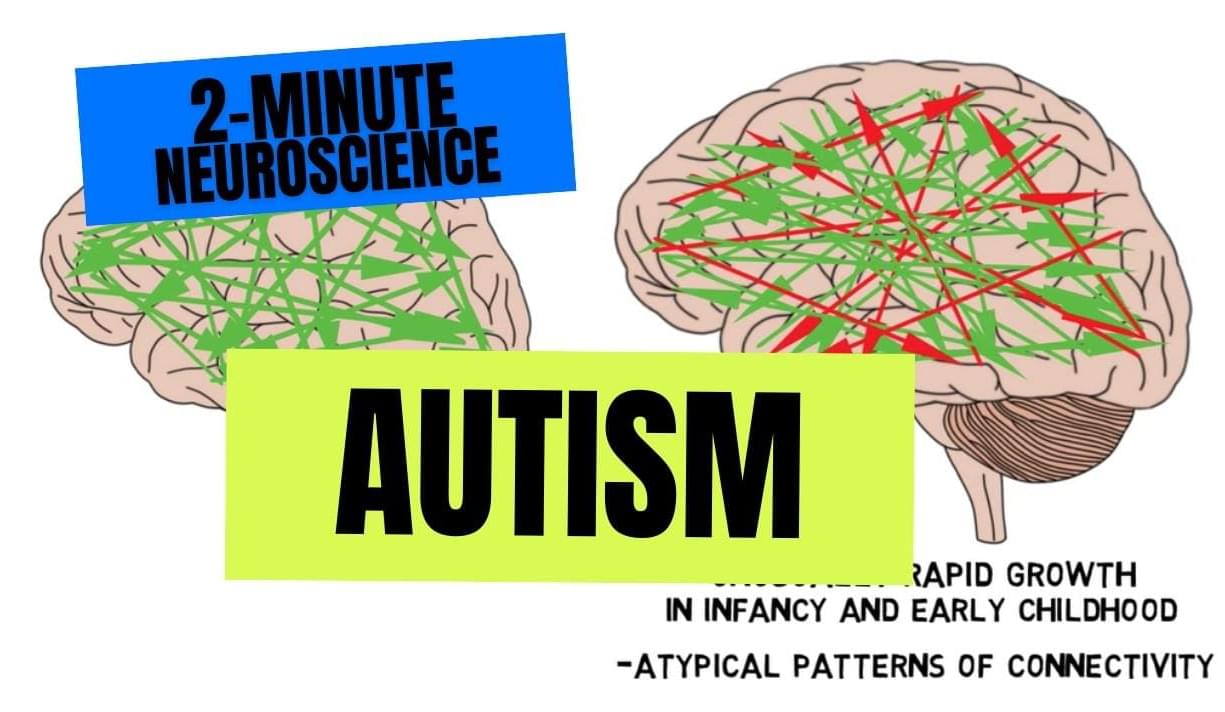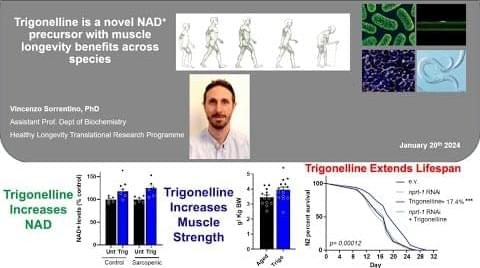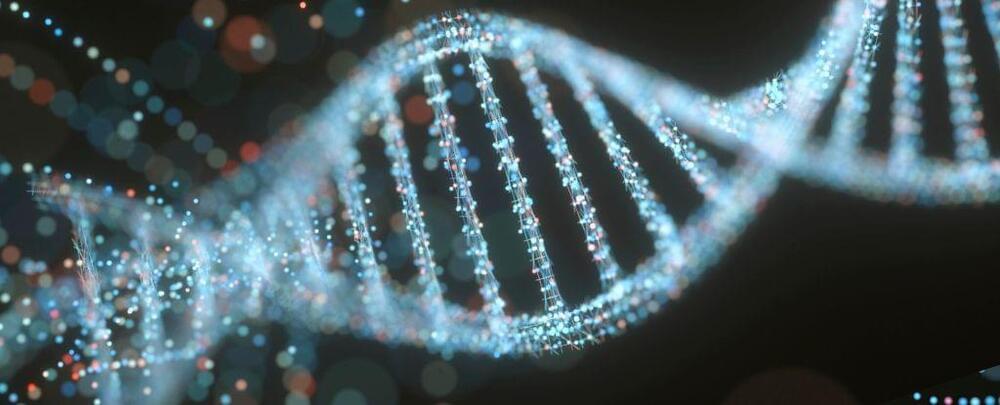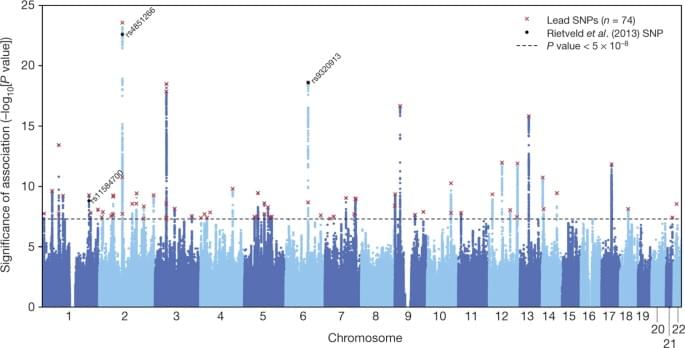Jan 23, 2024
Reversing wrinkled skin and hair loss in mice by restoring mitochondrial function
Posted by Quinn Sena in categories: biotech/medical, genetics
Year 2018 Age related symptoms may be even more simple to reverse by recharging the mitochondria then eventually we can have genetically engineered mitochondria to run longer so the cycles of the human body could run indefinitely.
Singh, B., Schoeb, T.R., Bajpai, P. et al. Reversing wrinkled skin and hair loss in mice by restoring mitochondrial function. Cell Death Dis 9, 735 (2018). https://doi.org/10.1038/s41419-018-0765-9
